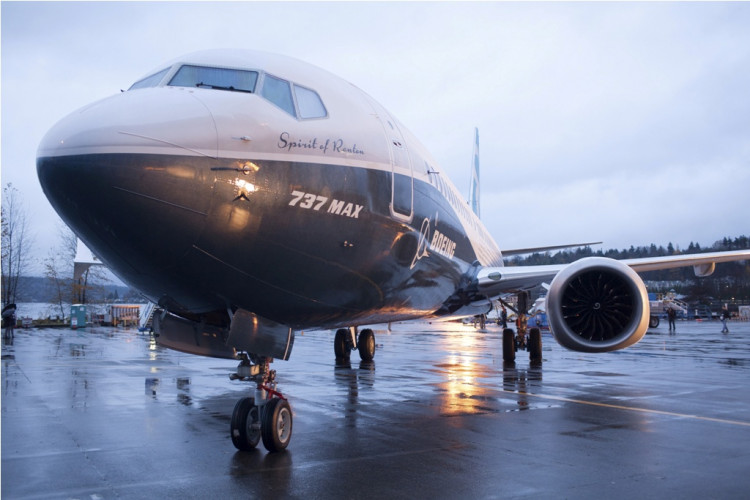Previously scrutinized U.S. airplane maker Boeing saw its stocks jump by 1.7 percent after the Flight Standardization Board (FSB) panel of the Federal Aviation Administration (FAA) said the company's planned revisions to the 737 Max model's software as "operationally suitable."
According to Reuters, the FSB's findings could play a key role in getting the grounded Boeing 737 Max back in business. The American jet behemoth announced earlier that it will implement software updates on the aircraft to prevent errors on the MCAS anti-stall system.
As stated in the draft report from the FAA panel, pilots needed additional training in handling the MCAS. Furthermore, the board said training "must address system description, functionality, associated failure conditions, and flight crew alerting."
Before the initial report from FSB was released, Boeing shares had been plummeting due to increased scrutiny. The criticism stemmed from the Lion Air and Ethiopian Airlines accidents within a span of five months that involved two 737 Max models that took the lives of 346 people in total.
Following the tragic accidents, Boeing has been pressured by international regulators to improve its systems and roll out a software fix for the 737 Max jets. Since the Ethiopian Airlines crashed last month, the manufacturer halted deliveries and cut production of the jet in question by 20 percent.
The FAA has also been questioned for its reported lax regulations and policies in checking and approving jetliners. Before the LionAir and Ethiopian Airlines crashes, the FAA was considered a global authority in the aviation industry.
While Boeing's shares saw a slight hike following the release of the FAA panel's initial report, Wells Fargo projected on Tuesday that the Boeing 737 Max crisis could pull down the United States' Q2 2019 gross domestic product (GDP) by around 0.2 percent.
Senior Economist at Wells Fargo, Sarah House, noted that the company's production cuts "are large enough" to have a negative effect on succeeding insights and predictions that will be rolled out for the U.S. economy. She added that Boeing's problems could further ignite talks about a slowing American economy.
Industry analysts noted that while Boeing is pouring time and efforts to convince global regulators that it's now infamous 737 Max is still safe to fly, the process could stretch for up to three months. Even with the FAA's apparent support, the process could still be long and harrowing.
The ISS has called for shareholders to consider voting on an independent board chair as scrutiny of Boeing's management heightens. The agency said this move can help convince regulators and passengers that the 737 Max can still be trusted and updates to the jet's software can ensure flight safety.






